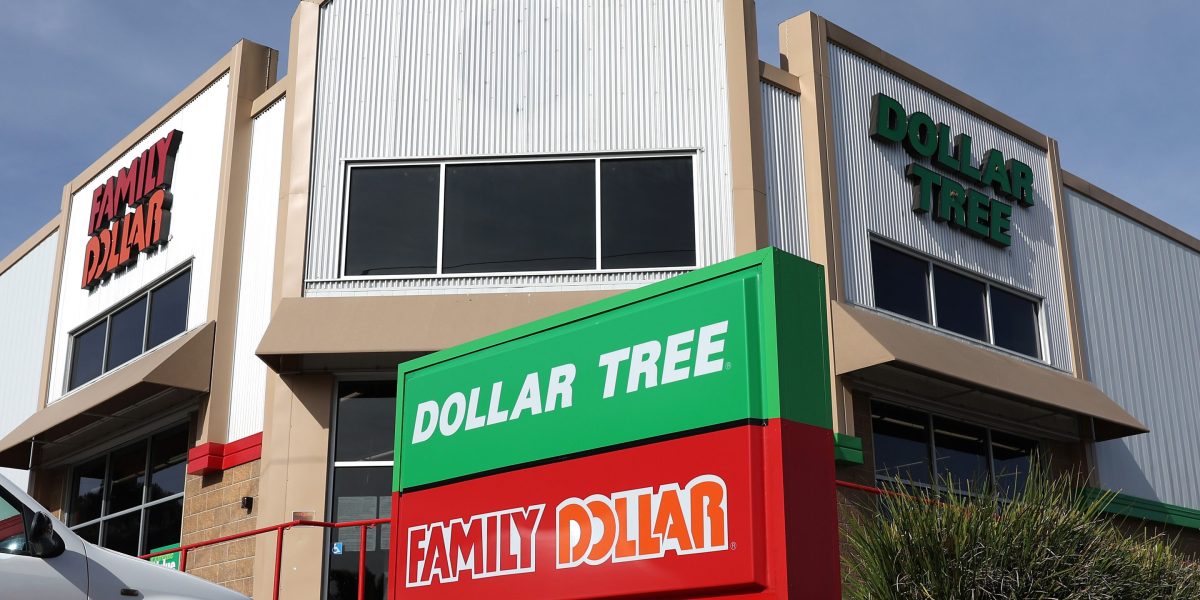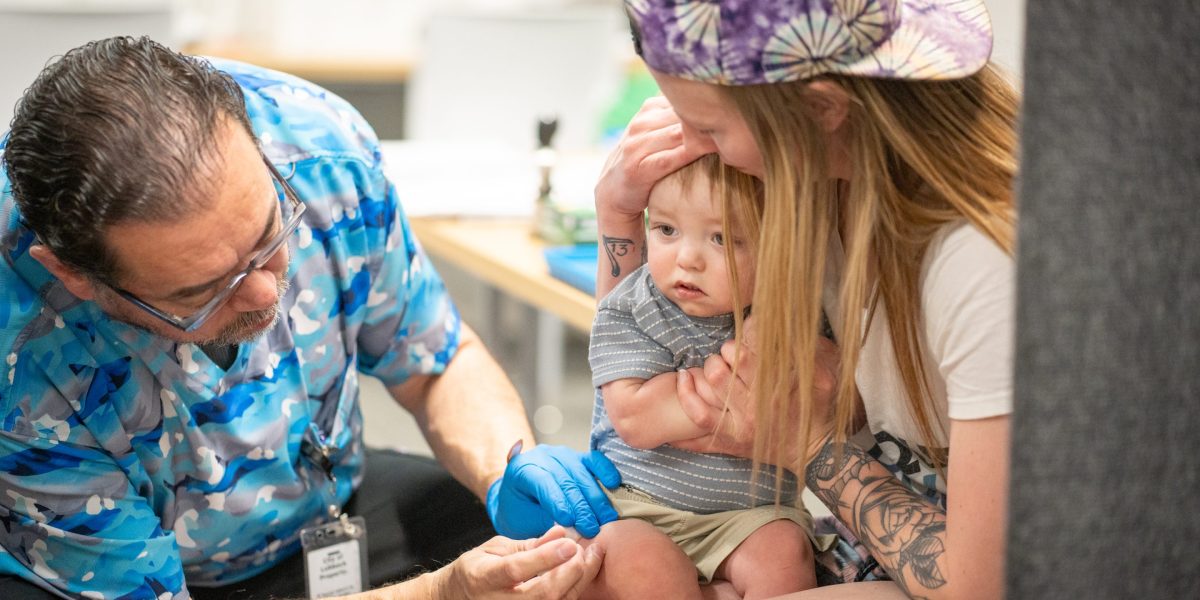A man accused of corporate espionage in a scandal rocking the world of HR has confessed to gathering intelligence on one company and passing along information to its rival, according to a new court filing.
Keith O’Brien, who is accused of acting as a spy for HR software firm Deel, submitted an affidavit to an Irish court this week in which he says he was paid by Deel to disclose confidential information about its competitor Rippling, another HR software company. He says co-founder and CEO of Deel Alex Bouaziz directly suggested he keep his job at Rippling and work as an inside man.
“I recall him specifically mentioning James Bond,” O’Brien wrote. “I asked him what he meant. He said he would offer me a monetary award if I agreed to spy on Rippling for Deel.”
Deel did not immediately respond to Fortune’s request for comment. Rippling did not immediately respond to Fortune’s request for comment. Rippling CEO Parker Conrad posted parts of the affidavit on X Tuesday, writing that Bouaziz “personally orchestrated his company’s alleged spy scheme, the spy said in a full confession
O’Brien writes that he was asked to provide Bouaziz with information regarding Rippling’s “ways of doing things” which he inferred to mean corporate strategy, customer insights and other confidential company information. O’Brien says he communicated with Bouaziz multiple times per day, and even on weekends. In November, he says he was awarded $6,000 for the insights he passed along, and continued to receive payments monthly in exchange for valuable information, according to the court filing.
At one point, when Rippling began to suspect that something was wrong, O’Brien claims he was asked by Deel’s legal team to purchase a burner phone from Deel’s lawyers, destroy his old one with an axe, and shove it down his mother-in-law’s drain, according to the court affidavit. He further alleges that he was advised by lawyers for Deel that he should leave Ireland and fly with his family to Dubai, and that Deel would pay for his accommodations.
O’Brien says that in March, he agreed to meet with Rippling’s legal team for an interview, and wrote that he was fearful of his safety “given the power and wealth of the individuals involved.”
“I was getting sick of concealing this lie,” he wrote in the affidavit. “I realized that I was harming myself and my family to protect Deel.”
This story was originally featured on Fortune.com
Source link

 Entertainment8 years ago
Entertainment8 years ago
 Politics8 years ago
Politics8 years ago
 Entertainment8 years ago
Entertainment8 years ago
 Entertainment8 years ago
Entertainment8 years ago
 Tech8 years ago
Tech8 years ago
 Tech8 years ago
Tech8 years ago
 Tech8 years ago
Tech8 years ago
 Politics8 years ago
Politics8 years ago







